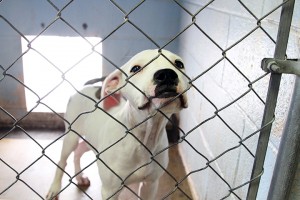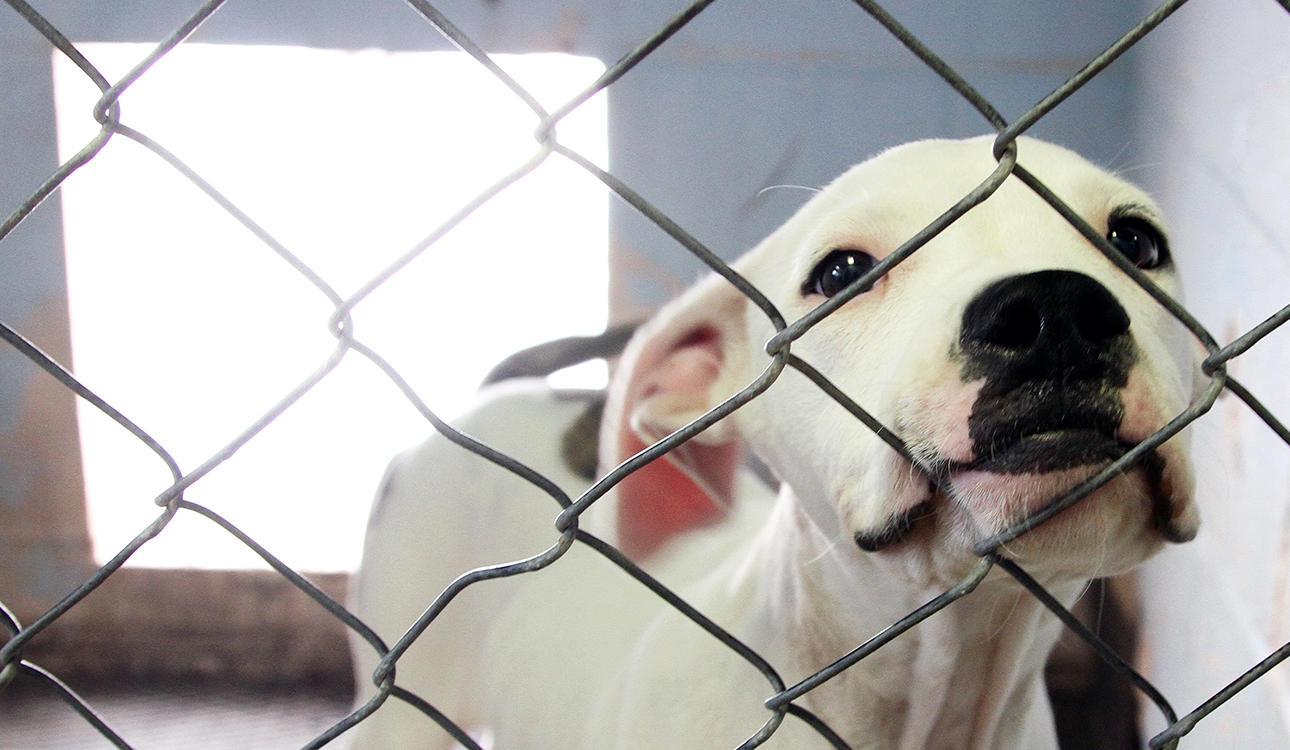
Robby Hirst | Lariat Photographer
Staff Writer
In response to the city of Waco’s new ordinance that requires all pets to be microchipped, the Animal Birth Control Clinic will be offering a free microchip clinic from 10 a.m. to 2 p.m. Sunday at their location on 3238 Clay Ave.
The new Waco city ordinance requires all cats and dogs of Waco residents to be spayed or neutered and microchipped.
This must be done by Jan. 1, 2014, said Carrie Kuehl, executive director of the Animal Birth Control Clinic. The city of Waco is sponsoring Sunday’s free microchipping clinic, Kuehl said, to meet the needs of citizens.
“The city of Waco doesn’t want to be an undue financial burden on people who need help getting the microchip,” Kuehl said.
The clinic will offer more than 100 free microchip applications for dogs and cats, Kuehl said. She added that appointments are not necessary, and pet owners must be residents of Waco. Owners will need to bring in their Waco water bill to prove their residency.
Mandak senior Rebekah Zinnikas has worked for the Humane Society of Central Texas and has given microchips to dogs. She recommends students get their dogs microchipped.
She added that she has seen dogs come in to the Humane Society who are not microchipped, and there was no good way to find the owner.
“It’s super simple,” Zinnikas said.
When a pet is brought into a rescue facility, one of the first things to do is check for a microchip in the animal. A microchip is the size of a grain of rice and is injected between the shoulder blades of the animal.
The data stored inside a Web-based database include the pet’s name, description, age, residency address, veterinary contact information, owner’s email and phone number. The contact information of a second person is also listed in case the owner is unreachable.
Kuehl said the insertion of a microchip is much like giving a vaccine and takes about the same amount of time to administer.
“Most pets don’t even flinch when it’s given,” she said. “It’s something about where it’s implanted.”
Kuehl also pointed out that inserting a microchip into a pet could also help save its life. If a pet finds itself at the Waco Animal Shelter, she said, the shelter will hold the animal for the duration of what they refer to as “stray hold time,” which is normally three days. Pets who are not picked up can be adopted or euthanized. For a pet that is microchipped, however, that time will be extended to 10 days.
“Say you lost your phone, and you don’t have a phone number and somehow they can’t get ahold of you,” she added. “They give you that extra time. That’s important, because your pet won’t be transferred to another rescue partner, either within the city or out somewhere else in the state.”
Microchips are not a total protection against euthanasia, Kuehl said. If a pet held at a rescue facility becomes ill, unadoptable or the owner can’t be reached, it could be euthanized.
Another benefit of microchipping is if Waco Animal Control picks up a pet within Waco city limits and scans the pet’s microchip, the city of Waco has arranged for the animal to get a free ride home to its owner, Kuehl said.
“It’s one of the most important things you can do for the health and safety of your pet, along with spaying or neutering,” she said.
The Animal Birth Control Clinic will evaluate the popularity of Sunday’s free clinic and will have a discussion with the City of Waco about having another clinic. Students who have not had their cat or dog microchipped can also access other Waco clinics for microchipping at www.waco-texas.com/animal-control-ordinances.asp.






